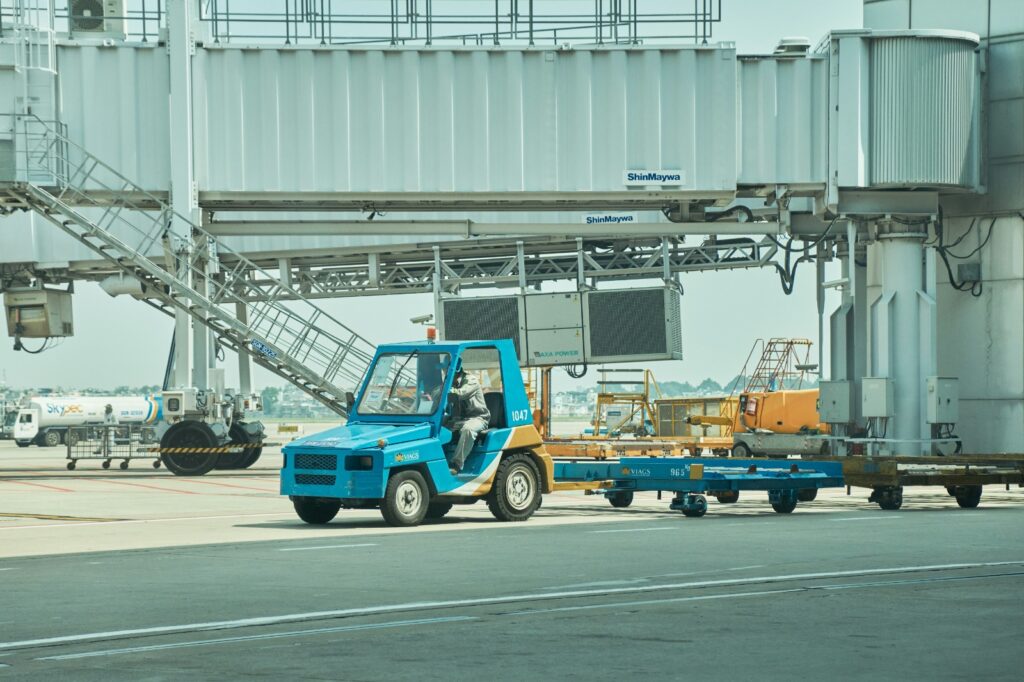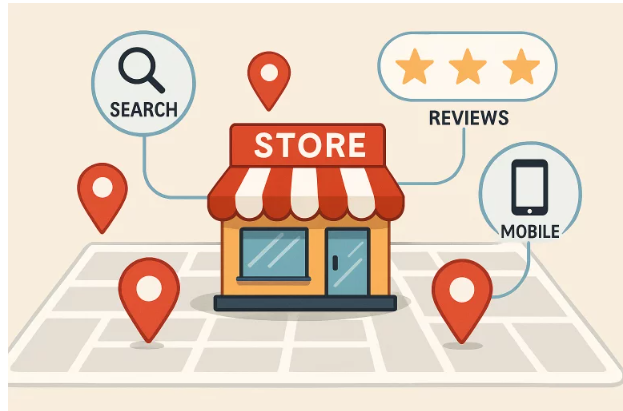For many businesses—from construction firms and facilities management teams to local councils and event organisers—a powered access platform is an indispensable piece of machinery. They provide a safe, efficient way to work at height, eliminating the risks associated with ladders and scaffolding. However, a significant investment in a new or used machine is not a decision to be taken lightly. Before you commit to a purchase, it is vital to be prepared with a list of key questions that will ensure you select the right platform for your needs, budget, and long-term operational requirements.
Here is a comprehensive guide to the essential questions you should be asking a supplier about access platform sales to make an informed and confident decision.
Contents
- 1 1. What is the right type of platform for my specific needs?
- 2 2. How does this platform meet UK safety standards and regulations?
- 3 3. What is the total cost of ownership, not just the purchase price?
- 4 4. What is the machine’s service history and condition? (For used platforms)
- 5 5. What aftercare and support do you offer?
1. What is the right type of platform for my specific needs?
This is the most fundamental question, and the answer will dictate the entire purchasing process. Powered access platforms, also known as Mobile Elevating Work Platforms (MEWPs), come in a wide variety of types, each designed for a different purpose. Being able to explain your typical use case is crucial.
- Scissor Lifts: These platforms provide a large, stable work area and lift vertically. They are ideal for tasks that require lifting heavy materials or multiple people, such as installing ducting, carrying out electrical work, or painting a large wall.
- Boom Lifts: Often referred to as cherry pickers, boom lifts offer greater horizontal outreach than scissor lifts. They are perfect for accessing hard-to-reach areas, such as working over an obstacle or reaching high-level maintenance points on a building facade. They are categorised as either articulating (with a jointed arm) or telescopic (with a straight, extending arm).
- Vertical Mast Lifts: These are compact, lightweight platforms that are excellent for indoor use in tight spaces, such as warehouses or retail environments. They are easy to manoeuvre and often have non-marking tyres to protect floors.
- Spider Lifts: These platforms are highly versatile. They have a compact design and outriggers (or ‘spider legs’) that allow them to set up on uneven or sloping ground, making them ideal for outdoor work on challenging terrain.
Your supplier should be able to guide you based on your answers to questions like: What is the maximum height you need to reach? What is the maximum weight you need to lift? What is the environment you will be working in (e.g., indoors, outdoors, rough terrain, confined spaces)?
2. How does this platform meet UK safety standards and regulations?
Safety is non-negotiable. Powered access platforms are regulated by stringent safety standards to protect the operator and those around them. You must ensure that the platform you are considering complies with all relevant regulations.
- CE Mark: The machine must have a CE mark, indicating that it meets the health, safety, and environmental protection standards for products sold within the European Economic Area.
- LOLER and PUWER: You should be familiar with the Lifting Operations and Lifting Equipment Regulations 1998 (LOLER) and the Provision and Use of Work Equipment Regulations 1998 (PUWER). The supplier should provide a full service history and a current Report of Thorough Examination for any used machine, confirming it meets these standards.
- IPAF: The International Powered Access Federation (IPAF) is the leading body for the powered access industry. Ask if the machine is compliant with the latest IPAF standards and if the supplier offers operator training. Proper training is a legal requirement for anyone using a MEWP.
A reputable supplier will be completely transparent about these standards and will provide all the necessary documentation without you having to ask for it.
3. What is the total cost of ownership, not just the purchase price?
The purchase price is only part of the equation. A cheap machine that is expensive to run and maintain can end up costing you more in the long run.
- Maintenance and Servicing: Ask about the required service intervals and the cost of routine maintenance. Does the supplier offer a maintenance contract? What about breakdown cover?
- Parts Availability: Enquire about the availability and cost of replacement parts. A platform is only useful when it is operational, and long lead times for parts can lead to costly downtime.
- Fuel/Power Consumption: Consider the fuel or battery consumption. Diesel platforms are powerful for outdoor work but can be costly to run. Electric platforms are cleaner and quieter but require a charging infrastructure. Understand the running costs of each.
- Depreciation: As with any large piece of equipment, a powered access platform will depreciate over time. A good supplier can provide insight into the machine’s resale value and its expected lifespan.
4. What is the machine’s service history and condition? (For used platforms)
If you are considering a used platform to save money, this question is critical. A used machine can be a fantastic, cost-effective option, but only if it has been well-maintained.
- Service Records: Ask for a complete service history. This should include details of all routine services and any major repairs. A full and transparent history is a good indicator of a well-cared-for machine.
- Hours Used: The number of operational hours is a key metric. A platform with low hours is generally a better buy, but it is important to balance this with a thorough visual inspection.
- Thorough Examination: A used machine must have a valid Report of Thorough Examination, carried out by a competent person within the last six months. This is a legal requirement under LOLER.
- Visual and Functional Inspection: Never buy a used platform without seeing it in person. Check for signs of wear and tear, fluid leaks, and any damage to the boom, chassis, or basket. Ensure all functions work smoothly and the controls are responsive. A reputable supplier will have already conducted a full inspection and will welcome your questions.
5. What aftercare and support do you offer?
A supplier’s relationship with you should not end the moment you hand over the money. The quality of their aftercare and support can be the deciding factor.
- Technical Support: Do they have a dedicated technical support team? How quickly can they respond to a breakdown?
- Training: Do they offer IPAF operator training? This is a crucial service that demonstrates a commitment to safety and customer support.
- Warranty: What warranty do they offer on the machine, both for new and used purchases?
- Delivery and Handover: Will they deliver the machine to your site? Do they offer a handover session to ensure your operators are familiar with the controls and safety features of the specific model?
By asking these five sets of questions, you will move beyond a simple price comparison and delve into the critical factors that determine a powered access platform’s true value. A reputable supplier will welcome these questions and be able to answer them with confidence, providing you with all the information and documentation you need to make the best decision for your business.




